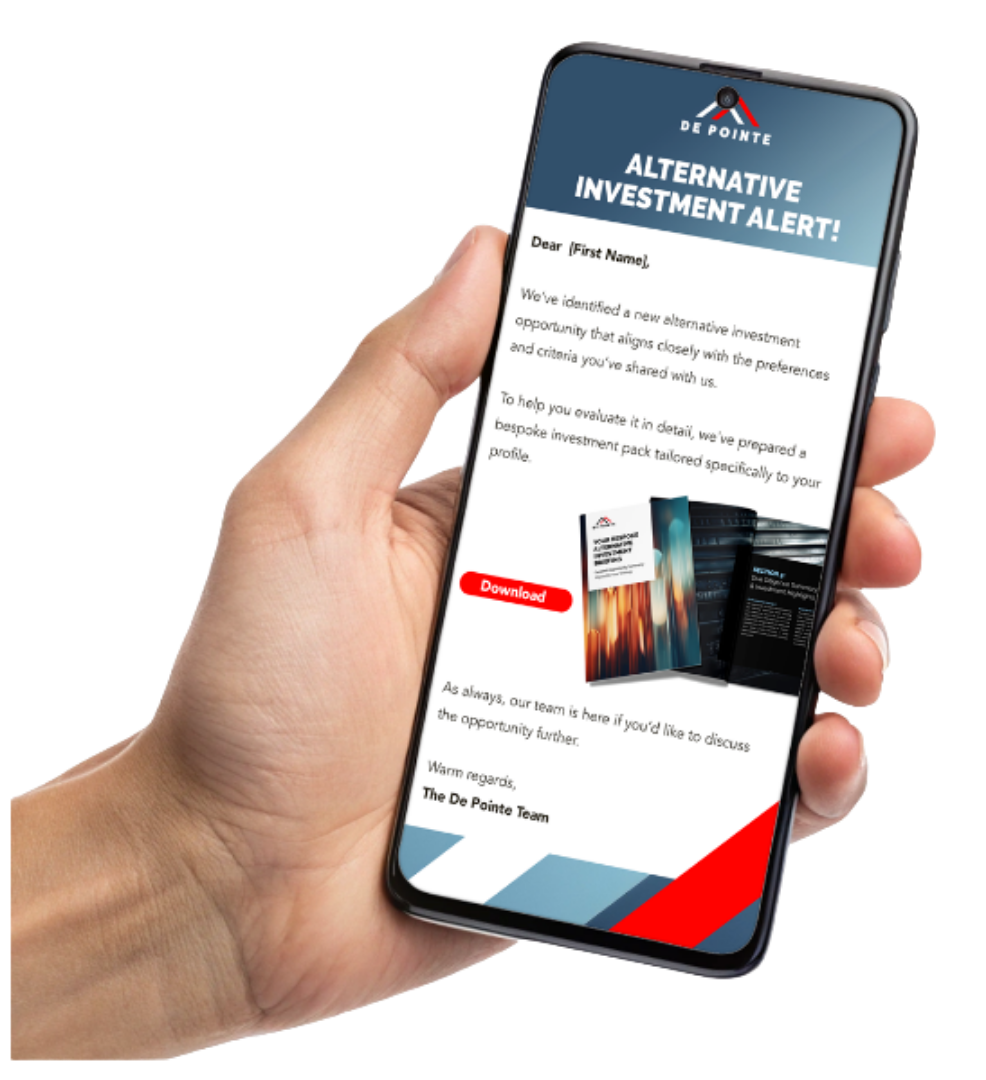Article

The government’s Making Tax Digital (MTD) programme is set to transform how landlords report their rental income. While the initiative aims to modernise the tax system and reduce errors, many landlords will feel the impact in terms of increased administration, additional costs, and a higher risk of penalties if they fall behind.
At De Pointe Research, we closely follow these regulatory changes, as they have real consequences for property investors’ cash flow and overall returns.
Who Will Be Affected?
- From April 2026, individual landlords with annual property income over £50,000 must join MTD.
- From April 2027, the threshold lowers to £30,000.
- Landlords earning less than £30,000 remain outside the scope for now, though HMRC has signalled this may be reviewed.
- Both UK property income and foreign property income are included.
For many landlords with more than one property, this means mandatory adoption.
The End of the Annual Tax Return
Currently, landlords file one annual Self-Assessment return. Under MTD, this will be replaced by:
- Quarterly updates (every 3 months) detailing income and expenses.
- An End of Period Statement (EOPS) at year-end to reconcile allowances and reliefs.
- A Final Declaration that confirms all income sources, replacing the traditional Self-Assessment.
That means instead of one filing per year, landlords face five submissions annually.
The Administrative Burden
For those accustomed to preparing accounts only once a year, MTD represents a significant shift. Landlords will need to:
- Keep digital records of rental income and expenses in near real time.
- Use MTD-compatible software (such as Xero, QuickBooks, or landlord-focused apps).
- Ensure their records link digitally – HMRC will not accept manual cut-and-paste between spreadsheets and returns.
This marks a move towards continuous record-keeping rather than once-a-year organisation.
Cost Implications
Compliance will not come free. Landlords should budget for:
- Software subscriptions: typically £10–£40+ per month.
- Bookkeeping/accounting support: those who outsource may face higher fees due to the increase in reporting frequency.
- Time: self-managing landlords must commit hours each quarter to input, reconciling, and filing records.
For smaller portfolios, these costs could erode profitability at the margins.
Risk of Penalties
HMRC will operate a points-based penalty system for late or missed submissions. Every late quarterly update earns points, and once a threshold is reached, financial penalties apply.
The key risks are:
- Forgetting a deadline – with five submissions a year, the chance of oversight rises.
- Falling behind on digital record-keeping.
- Misreporting due to rushed or incomplete updates.
This makes consistent processes and early adoption of MTD-compliant systems essential.
Alternatives for Property Investors
With the additional administrative and financial strain of MTD, many landlords are reassessing whether property remains the most efficient vehicle for wealth building. Fortunately, there are other asset classes that can provide growth, diversification, and in many cases, fewer administrative headaches.
1. Art Investment
The art market has shown strong performance in recent years. According to the Knight Frank Luxury Investment Index, art outperformed many traditional investments, delivering double-digit returns in both 2022 and 2023.
- Advantages: No quarterly HMRC reporting, tangible ownership, potential for significant capital appreciation, and global demand drivers.
- Considerations: Liquidity can vary, and investors benefit from specialist guidance.
2. Gold and Precious Metals
Gold remains the classic hedge against inflation and market volatility. For investors frustrated by the rising regulation of properties, gold offers a simple and tax-efficient store of value.
- Advantages: No tenants, no repairs, no quarterly tax submissions; certain UK gold investments are free from VAT and Capital Gains Tax (CGT).
- Considerations: Prices fluctuate with global markets, though long-term performance is resilient.
3. Whisky Casks and Collectables
Alternative assets, such as whisky, fine wine, or rare collectables, can provide portfolio diversification with a luxury twist. The market for rare whisky, in particular, has expanded significantly, with some casks appreciating faster than property.
- Advantages: Low correlation with stock and property markets, growing global demand, and tangible assets.
- Considerations: Specialist storage and insurance are required.
4. Private Market Investments
Investors may also consider exposure to private companies, venture opportunities, or funds outside of the property sector.
- Advantages: Potential for higher returns, often professionally managed, no tenant issues or property-specific taxes.
- Considerations: Higher risk and longer time horizons, requiring careful due diligence.
Strategic Diversification
For landlords concerned about the administrative drag of MTD, diversifying into tangible alternative assets can provide:
- Reduced regulatory hassle compared to property.
- Portfolio stability through low correlation with traditional markets.
- Attractive returns can be achieved when chosen carefully through expert research.
Making Tax Digital may be the final straw for landlords already juggling regulatory change, rising interest rates, and tenant challenges. For those seeking to streamline their portfolio and safeguard long-term wealth, alternatives such as art, gold, and other tangible assets provide a compelling route forward.
At De Pointe Research, we specialise in helping investors navigate these opportunities with clarity and due diligence.
Take the Next Step
Are you rethinking your property investments in light of MTD?
- 📊 Download our free guide to alternative investments
- 📞 Book a call with our research team for tailored insights






